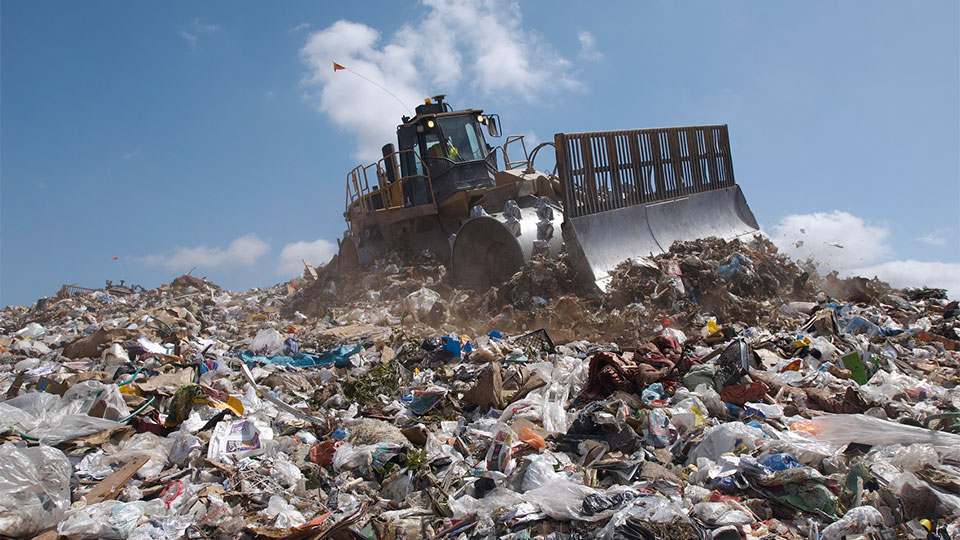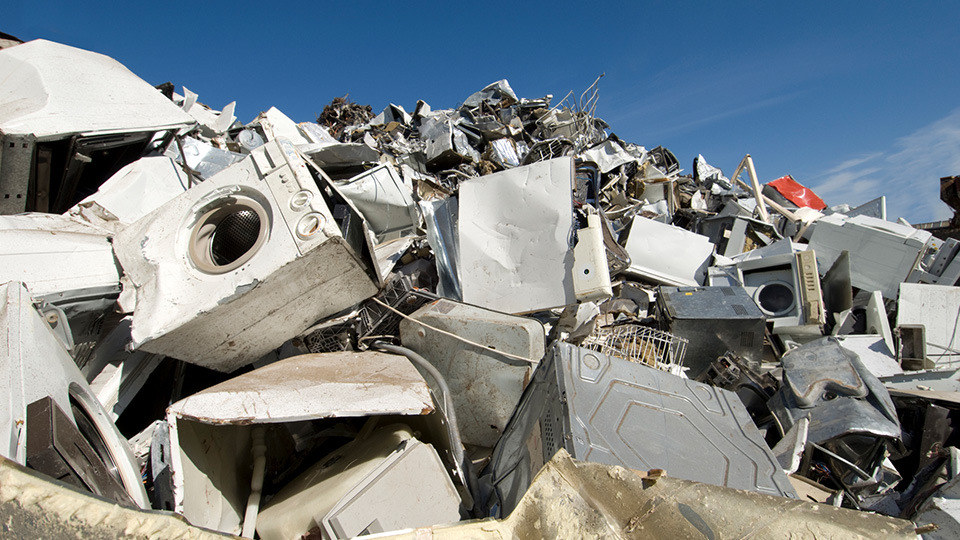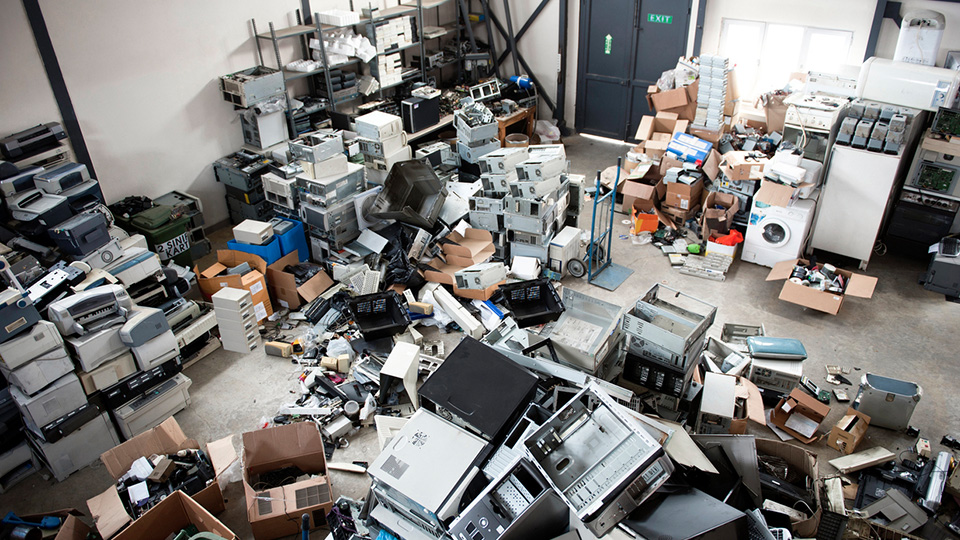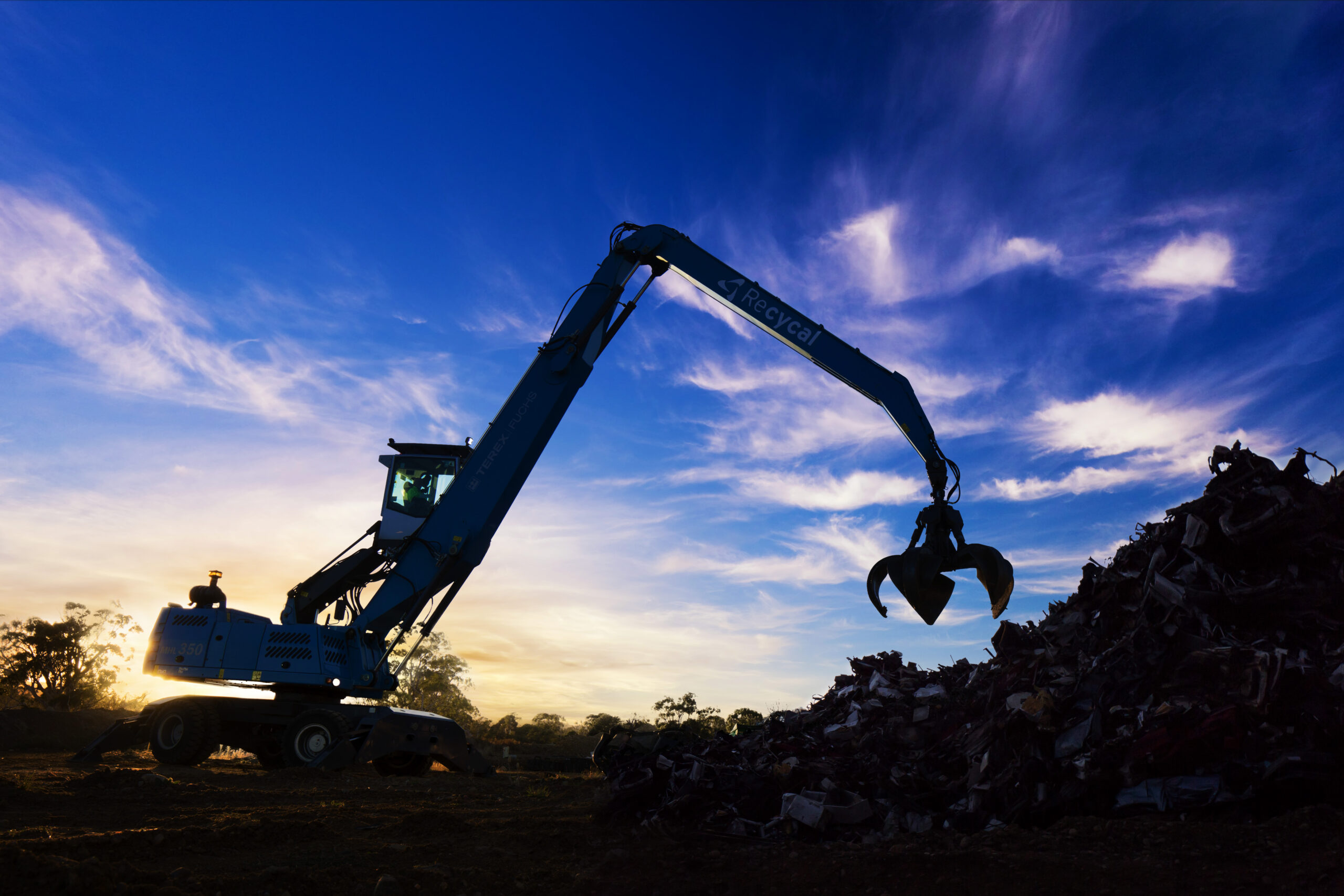As Victoria’s electronic waste ban takes effect next month, the State Government has committed $16.5 million to help local councils prepare for the move.
A state-wide ban on discarding e-waste into landfill will take effect from July 1, requiring residents and businesses to discard old electronic devices at dedicated collection points.
E-waste covers all electronic waste – anything with a plug, battery or cord that is at the end of its useful life, including old mobile phones, computers, white goods, TVs, heaters and air conditioners.
The Victorian Government funding will go towards upgrading more than 130 e-waste collection and storage sites across 76 local councils and delivering educational campaigns.
Following the upgrades, the vast majority of Victorians will have an e-waste drop-off point located within a 30-minute drive.
“This funding will ensure Victoria has one of best e-waste collection infrastructure networks in the country,” said Victoria’s Energy, Environment and Climate Change minister Lily D’Ambrosio.
Why an e-waste ban?
The e-waste ban aims to boost the amount of resources recovered from old technology and keep harmful materials contained within these devices out of landfill.
In Victoria, the amount of electronic waste generated is estimated to grow from 109,000 tonnes in 2015 to some 256,000 tonnes by 2035.
This is the result of our increasing appetite for new electronic and electrical devices, whether it’s the latest iPhone, a better performing laptop or a bigger TV.
For example, Sustainability Victoria estimates there are more than 22 million discarded mobile phones across Australia, a number that grows by more than one million each year.
As much as 90 per cent of a phone, TV and computer can be recycled, including gold, silver, zinc, copper, nickel, tin and other non-renewable materials.
Recycling e-waste also keeps toxic materials like lead and mercury out of landfill, where it can leak into waterways and the environment to disastrous effect.
Looking at the bigger picture
The problem is bigger than Victoria though — Australians have been generating e-waste three times faster than all other forms of waste, according to researchers at the University of New South Wales.
Australia also ranks among the top five biggest producers per capita of electronic waste in the world.
While recycling programs like the industry-funded National Television and Computer Recycling Scheme already exist, the challenge is making sure that collection and recycling services keep pace with our ever-growing hunger for new tech.
Other states and territories are likely to follow the Victorian ban, which follows South Australia’s progressive tightening of e-waste laws over the years.
If you are a household or small business, you can find your closest e-waste drop-off point at the RecyclingNearYou website.
You also can find information about commercial-scale e-waste recycling services here.





